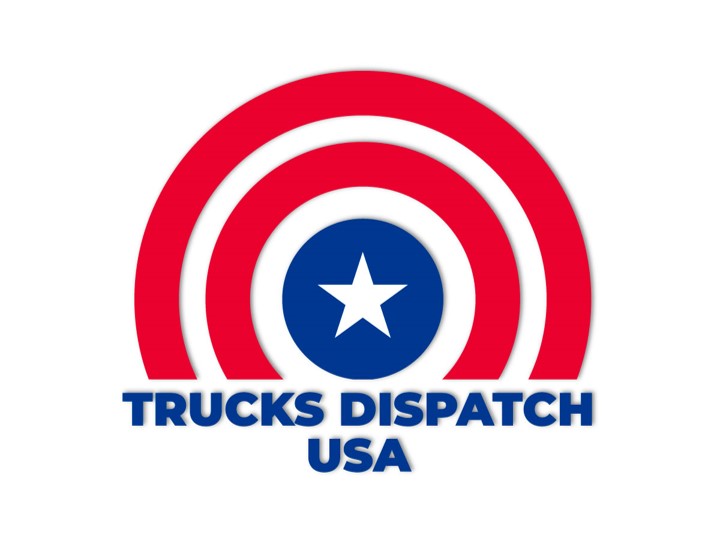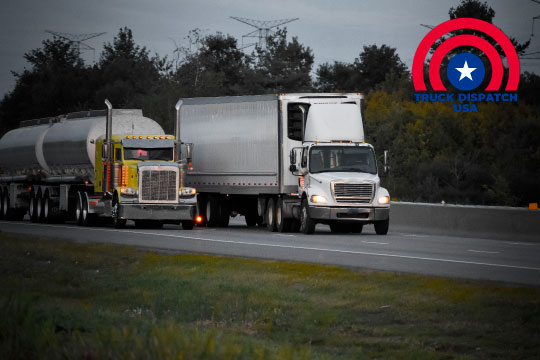Current and Past Performance of the Trucking Industry Trucking is responsible for most of the overland freight movement in the United States, with the market being worth 732.3 billion U.S. dollars in 2020. At that
To complete the sustainability picture of the industry, we now look into the future. Yes, no one can predict the future, but we can have a good sense of what to expect in a few years to come with an understanding of the past.
Around mid-2018 the trucking industry reached a peak and then began an 18-month downturn. As a result, carriers saw decreased truck orders. As if that wasn’t enough, insurance premiums increased. This put pressure on many trucking companies and led to increased bankruptcies.
Things began to improve soon after the downturn period and the outlook seems bright.
Contract truckload volumes have increased by 27%, even during a period that normally declines (Della Rosa, 2020). You may be wondering what increased demand for trucks. You see, the government greatly stimulated our economy financially and increased the unemployment benefits.
These interventions resulted in increased consumer spending. And the effect filtered through to the supply chain and positively impacted the trucking companies. As aresult, truckload volumes have shot up by 25% compared to 2018 levels (Della Rosa, 2020).
This bodes well for the truck companies as industry experts expect contract rate negotiations to stay unchanged or increase in single digits. In addition, the capacity is tight and spot prices keep growing. The national load spot rates jumped 25% compared to 2019 levels (Della Rosa, 2020). With improving rates, carriers are likely to see higher profits and the timing couldn’t be better to start a trucking business. Just so you don’t get confused, let me explain the difference between spot rates and contract rates.
Spot rates are short-term truckload prices.
Twenty percent of the trucking market comes from spot rates. In contrast, contract rates are long-term freight prices subject to either party’s adjustments when they deem it necessary. This often occurs when the supply and demand equation changes. The remaining 80 percent of the freight market comes from these contract rates.
Our sites that we recommend to also dispatch trucks are 247truckdispatch.com and truckdispatcherusa.com and our page that is trucksdispatchusa.com Billing For Truck Dispatching USA Current and Past Performance of The Trucking Industry
Nimble, Responsive Entrepreneurs Helping Other Entrepreneurs.
Express Finance is a private working capital finance company delivering customized financing solutions to small- and medium-sized businesses. Though we are headquartered in Austin, TX, we serve clients nationwide with offices in Phoenix, Pensacola, Denver and Atlanta


